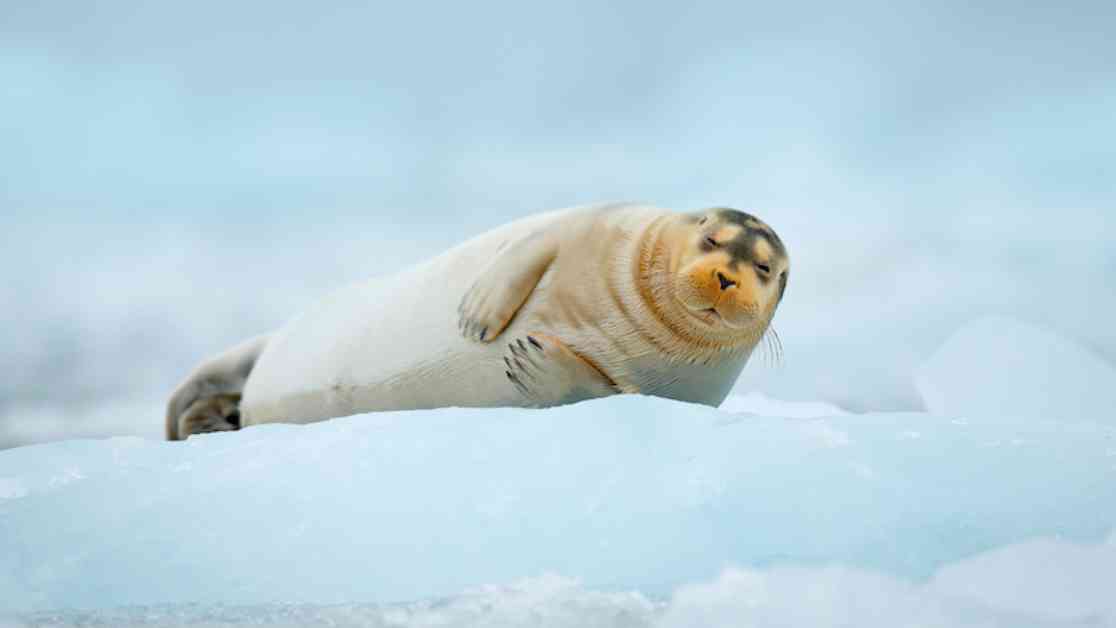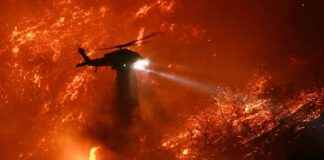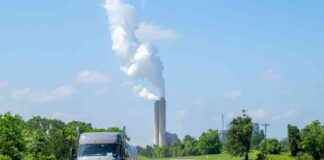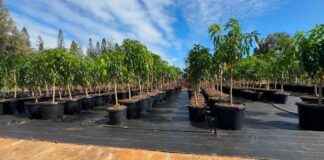Recognizing the Interconnectedness of Climate and Nature
In a groundbreaking proceeding at the International Court of Justice, Grethel Aguilar, the director general of the International Union for Conservation of Nature (IUCN), emphasized the urgent need to acknowledge the intricate links between climate change and nature. Climate change is not just a crisis of rising temperatures; it is a crisis that imperils both humanity and the natural world. Aguilar stressed that failing to take action on climate change not only jeopardizes the human rights of vulnerable communities but also threatens the delicate balance of nature.
Expert Testimony on Climate Justice
During the proceedings, Aguilar and other experts highlighted the critical role of nature in climate action. The IUCN, as the global authority on the state of nature, argued that countries have a legal obligation to combat climate change while also considering the impacts on the natural world. Climate change is not only a threat to biodiversity but also exacerbates the effects of climate change itself. Addressing one issue without the other is futile, as they are intricately intertwined.
The Human Impact of Climate Inaction
For millions of herders, farmers, fishers, and Indigenous peoples, nature is not just a resource but a lifeline. Climate change is already taking a toll on ecosystems, with severe weather events posing a significant threat to numerous species. The livelihoods of communities dependent on nature for food, income, and protection are at stake. Failure to act on climate change not only undermines human rights but also compromises nature’s ability to sustain life and provide essential services.
Call to Action for Climate and Nature
As the world grapples with the escalating climate crisis, Aguilar emphasized the urgent need for nations to take responsibility for their actions. A just and inclusive transition to a low-carbon future is imperative, with a focus on significant renewable energy development. However, this transition must also prioritize biodiversity conservation to ensure that nature is safeguarded amidst changes in land use and energy infrastructure.
The connection between climate and nature is undeniable. Protecting ecosystems such as forests, grasslands, coral reefs, and seagrass meadows is not only essential for preserving biodiversity but also crucial in mitigating the impacts of climate change. Nature is a vital ally in the fight against the climate crisis, and neglecting its role could have catastrophic consequences. As we navigate the complexities of climate justice, let us remember that our actions today will determine the fate of both humanity and the natural world.














